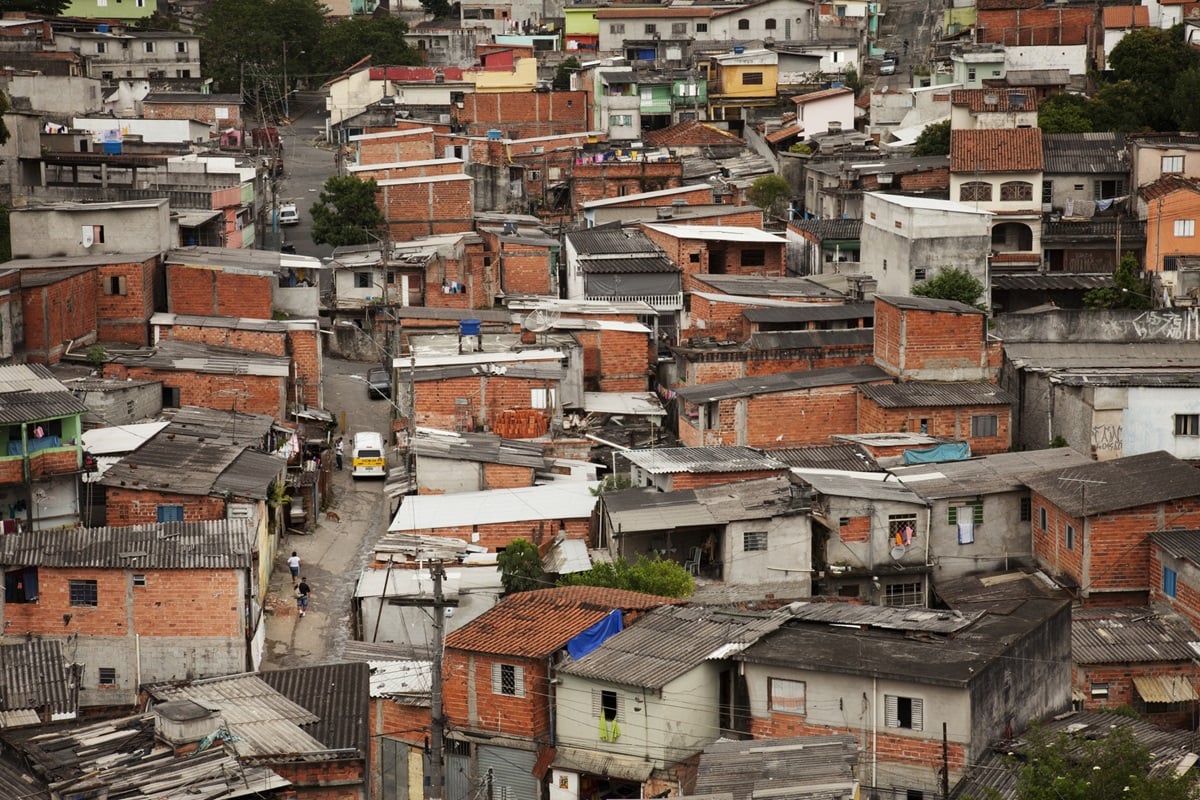
World Cities Day, designated by the United Nations, is celebrated on 31 October and serves as an opportunity to promote sustainable urban development around the world.
In the context of the current global economic downturn, World Cities Day 2023 focuses on increasing public investment to finance urban development. With numerous converging global crises, it is critical to find more sustainable and innovative ways of financing the health and wellbeing of the 55% of the world’s population living in urban settings.
This theme resonates with WHO’s broader effort to provide strategic advice for urban health decision-making by Member States. Without substantial financing from public budgets and other sources, there can be no effective urban health action. This point is articulated in the first of a series of four new policy briefs from WHO to support countries to strategically implement policies and practices that towards improved urban health. Governance and Financing provides guidance on how cities and national governments can ensure that action on urban health has sufficient and diverse resource allocation, encompassing both public budgets and alternative funding sources, and exploring opportunities to grow urban health budgets and to meet urban dwellers’ needs.
The second policy brief launched today is on Generating and working with evidence. To take effective action on urban health, decision-makers need a full, clear picture of the state of health and well-being of their urban constituents. Robust evidence for urban health risk factors and impacts supports priority-setting, investment decisions, monitoring of policy and practice, and identify emerging problems. Key to having this evidence is collecting, analysing and using data: the brief provides guidance on adopting an effective indicator system and choosing relevant indicators, drawing on diverse data types and sources. The two remaining policy briefs in this series, on Participation and partnership and Innovation will be launched before the end of the year.
The new policy briefs will be relevant to many cities, including those in the Partnership for Healthy Cities, a global network of cities committed to saving lives by preventing noncommunicable diseases (NCDs) and injuries. On World Cities Day this year, three new cities – Nairobi, Kenya, New York, United States and Osaka, Japan – will join the network, working alongside over 70 other major cities to improve the health of their inhabitants.
As well as the Partnership for Healthy Cities, WHO’s initiative on urban governance for health and well-being promotes good local governance through civic engagement and multisectoral coordination in five cities, while the WHO Global Network for Age-friendly Cities and Communities connects cities and communities to facilitate the exchange of information and experience, and in identifying evidence-based solutions to create age-friendly environments and the BreatheLife network provides a platform for cities to share best practices in meeting air quality targets.
This year WHO will observe World Cities Day through the WHO Eastern Mediterranean Region Healthy Cities Conference, to be held in Doha, Qatar on 31 October to 2 November 2023. The region’s expanding Healthy Cities Network provides an opportunity for a coherent approach to urban health to be applied, allowing cities to share challenges and successes and fulfil its potential in improving regional public health and wellbeing outcomes.
